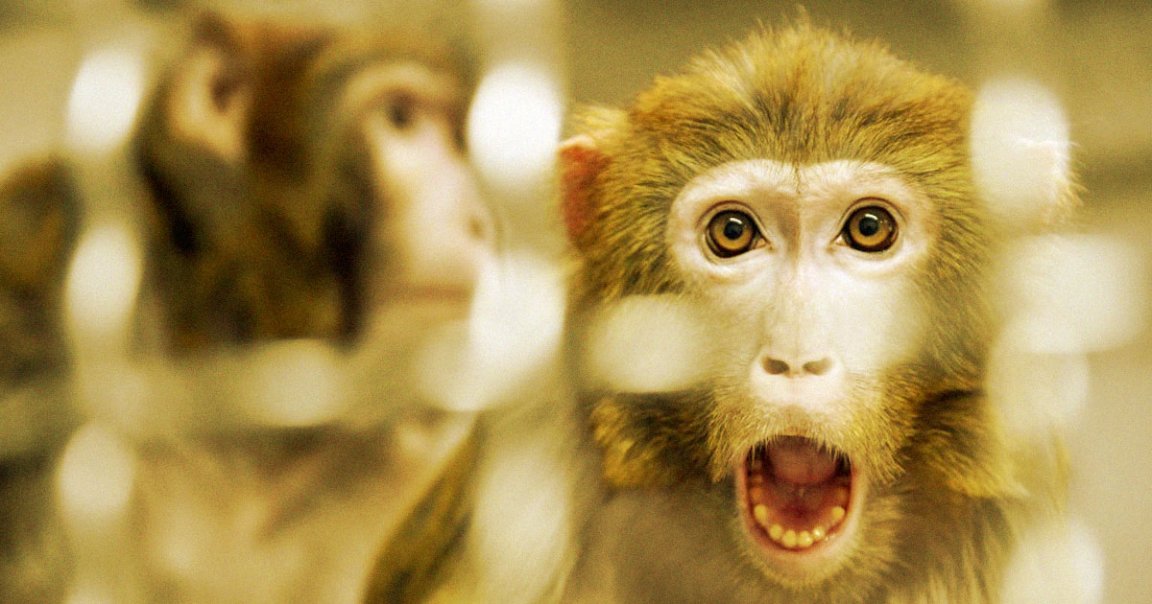
Chinese scientists are reportedly planning to send monkeys to its new Tiangong space station for experiments that will involve the animals mating and potentially reproducing, the South China Morning Post reports.
It’s a fascinating and potentially
controversial experiment that could have major implications for our efforts to colonize space: can mammals, let alone humans, successfully reproduce beyond the Earth?
According to the report, the experiment would take place in the station’s largest capsule, called Wentian, inside two biological test cabinets that can be expanded.
After examining the behavior of smaller creatures, “some studies involving mice and macaques will be carried out to see how they grow or even reproduce in space,” Zhang Lu, a researcher at the Chinese Academy of Sciences in Beijing, said during a speech posted to social media earlier this week, as quoted by the SCMP.
“These experiments will help improve our understanding of an organism’s adaptation to microgravity and other space environments,” he added.
Some simpler organisms, including nematodes and Japanese rice fish, have been observed reproducing in space.
But more complex life forms have struggled. In 2014, a Russian experiment to see whether geckos could produce offspring in space failed when all the critters died.
And the failure rate for mammals, so far, has been total. Soviet Union scientists got mice to mate during a space flight in 1979, but none of them gave birth after being returned to Earth.
In other words, getting monkeys to reproduce on board a space station will be anything but easy. For one, just dealing with living creatures in space can pose immense challenges. The astronauts will “need to feed them and deal with the waste,” Kehkooi Kee, a professor with the school of medicine at Tsinghua University, told the SCMP.
Then there’s the fact that astronauts will have to keep the macaques happy and comfortable, something that experts say will be challenging since long term confinement in the spartan environments of space habitats could cause immense stress for the simians.
And even if astronauts successfully set the mood for the monkeys, the physics of sex in space are predicted to be challenging.
“Firstly, just staying in close contact with each other under zero gravity is hard,” Adam Watkins, an associate professor of reproductive physiology at University of Nottingham, wrote in a 2020 open letter highlighted by the SCMP. “Secondly, as astronauts experience lower blood pressure while in space, maintaining erections and arousal are more problematic than here on Earth.”
With its new space station in nearly full operation, China isn’t shying away from asking some big questions — but whether these experiments will play out as expected is anything but certain.
READ MORE: Chinese scientists plan monkey reproduction experiment in space station [South China Morning Post]
More on sex in space: Scientists Say We Really Have to Talk About Boning in Space